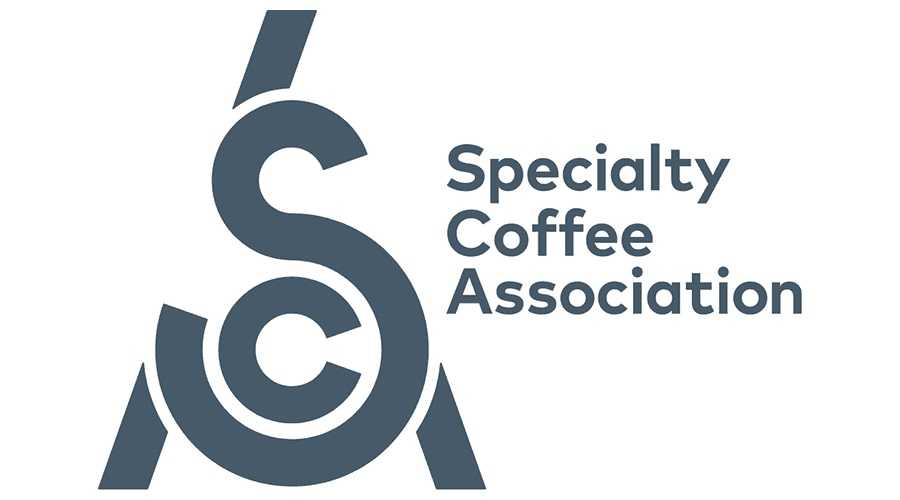MILAN — Chelsea Dubay, SCA’s Curriculum Development Director, shares more on a forthcoming update to the Sensory Skills courses in the Coffee Skills Program, which incorporates—among many things—the same recent advances in coffee and sensory science that underpin the addition of an extrinsic assessment in the Coffee Value Assessment. Below, her considerations.
The Curriculim development at the Sca
by Chelsea Dubay
MILAN, Italy – “It’s important to remember that best practices aren’t stagnant and that they change in response to new research and innovation—we’re learning and growing all the time as an industry, and new versions of education programs need to accommodate these changes.
When our collective knowledge is expanded through cutting-edge research, or when new standards or techniques help us make coffee better, we need to revise the curriculum on that subject to reflect this new set of skills”.
Educational programming
“This can make designing educational programming—which has its own evolving set of best practices—both incredibly complicated and extremely important: avoiding opportunities to evolve our programs would limit our ability to meet the educational needs of today’s coffee professionals. We’d also miss out on the many doors that evaluation and revision open for us—opportunities to engage in conversations with learners and users, test new concepts and prototypes, and gather feedback that can be applied right away to the next iteration.
To succeed in an ever-changing professional landscape, our curriculum development processes must be agile. However, decisions around when and how much to revise any curriculum are a delicate balance, particularly for a program operating at the scale of the SCA’s Coffee Skills, Coffee Technicians, and Coffee Sustainability Programs: last year, SCA Authorized SCA Trainers (ASTs) held over 20,000 courses in 90 countries.
To help ASTs create the locally relevant and accessible teaching materials they deliver to their learners, the SCA provides an entire “package” of revised and translated curriculum materials (sometimes in more than a dozen languages) to support our community of trainers around the world. Beyond the time and resources it takes to revise and translate these curriculum materials, there is also the time it takes for ASTs to implement these updates in course materials and offerings”.
The internal processes
“At the same time, we also want to ensure our internal processes for these curriculum developments are collaborative, particularly in terms of incorporating feedback. We’ve taken inspiration from our past curriculum development model (in which a team of volunteers designed and wrote the courses) to create robust review structures.
Depending on the program, this might include “editorial review,” where a small group of subject matter experts helps shape and validate the content, or “advance reads,” where a small group of ASTs who frequently teach the course review guidebooks before translation and provide feedback on the implementation of the revised program.
In the future, we’re excited to test new structures as well—for example, calls for feedback so that all active ASTs can submit their thoughts on what’s working and what’s not working with a program before it gets revised, and more thorough job-task analyses to determine what knowledge and skills are most critical for coffee professionals in certain aspects of the industry We also want to hear more from learners: what elements of the learning experience do learners perceive to be most relevant and exciting, or confusing and vague?”
And finally, we’re more invested than ever before in ensuring that our programs consistently incorporate instructional design principles to support a rigorous and effective learning experience for students and useful resources for authorized trainers.
We’re also using the latest best practices from the training and development field to ensure that our programs are designed with adult learners in mind and support on-the-job application after the course is complete.
Updating these programs goes beyond simply updating course materials: communicating upcoming revisions in a timely fashion (so that ASTs may adequately plan and prepare) as well as packaging these revisions so that they’re easier for ASTs to implement are both critical components of a successful revision.
We look forward to what the future holds. While we’re eager to support the ongoing growth of the SCA Certificate Programs, we’re also excited to develop new learning experiences in a variety of formats. Our new SCA Skills Diplomas offer clear and job-relevant learning pathways to help coffee professionals develop a wider breadth of skills. Our Value Assessment for Cuppers course supports experienced cuppers who wish to gain experience with the new Coffee Value Assessment (CVA) forms and protocols. We’re also exploring opportunities to extend beyond traditional multi-day courses and develop learning experiences that take new forms, like shorter, highly interactive workshops, educational booklets, or web platforms”.
Designing coffee education
“Whether we’re designing a certificate program, an educational platform or resource, or an interactive presentation or workshop, looking at our educational content as a living, breathing entity helps us on our quest to design coffee education that is relevant, engaging, and responsive to the changing needs of learners.
At the time of writing, the SCA has revised the Sensory Skills courses in the Coffee Skills Program (CSP) to align the modules with sensory science best practices and the Coffee Value Assessment Beta Protocol and Descriptive and Affective Forms.
This update reflects sensory science best practice and incorporates a lot of the research that informed the CVA, including the Coffee Sensory and Cupping Handbook, which functioned as a literature review for the project, as well as the attributes definition of specialty coffee and the SCA’s 2021 user perception study of the 2004 cupping form and protocol.
His revision included input from our Knowledge Development team as well as a team of Sensory AST advance readers who provided feedback to further strengthen course materials and support effective implementation. We expect this new version of the CSP Sensory Skills course to be available to ASTs in 2023 for access by SCA learners in 2024″.

















